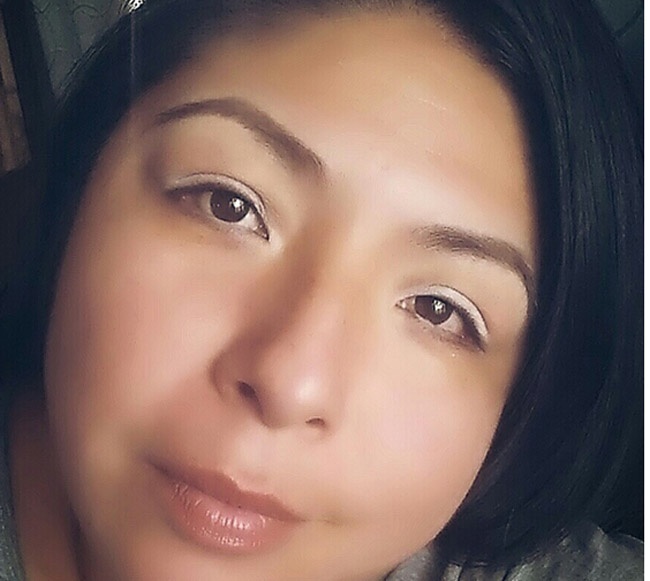Wasauksing citizen taking a stand on drug abuse

By Rick Garrick
WASAUKSING FIRST NATION—Wasauksing’s Chrystal Tabobandung is planning a Take A Stand: Taking Back Our Communities walk/bike/drive from Henvey Inlet to Parry Sound to raise awareness about illicit drug use.
“I’m doing the walk to hopefully bring a greater awareness to the huge illicit drug issue and problem within our First Nation communities along the [Highway 69] corridor,” says Tabobandung, who has been living in Magnetawan since last December. “I’m just wanting to create a greater awareness about this issue to the community members themselves to show them that they are not alone, that they don’t have to stand quietly while this happens to them or their families.”
Tabobandung says there are many grandparents in the communities who are raising their grandchildren.
“There are people out there who are suffering the same issue and are just tired of it,” Tabobandung says. “We want something positive to come about from the walk, like educating our youth by having police officers come in and do drug educational programs — these are what these drugs are, this is what can happen to you if you take these drugs.”
Tabobandung plans to begin the walk/bike/drive at 10 a.m. on Oct. 24. She estimates that it will take about five-to-six hours to complete the walk/bike/drive, which will follow the old Highway 69 route to Parry Sound.
“We as community members can do things to help ourselves and our communities,” Tabobandung says. “I wanted to lead by example, so I didn’t reach out for that help and support from the Chief and Council.”
Tabobandung distributed her Take A Stand Taking Back Our Communities posters and letters on her own initiative.
“I want people to see that if we want something, we don’t have to rely on other people to do it for us,” Tabobandung says. “We can do it ourselves to take a stand.”
Tabobandung plans to use her own vehicle and a bicycle for the about 80-kilometre walk/bike/drive.
“And hopefully I will be able to get somebody else to [switch] back and forth between the vehicle and the bike with me,” Tabobandung says. “I’ll do a couple of kilometres; they’ll do a couple of kilometres.”
Tabobandung has reached out to the Ontario Provincial Police and Anishinabek Police Services to discuss safety issues and concerns about the walk/bike/drive.
“They suggested I bring a caravan of food and water and wear safety jackets,” Tabobandung says.
Tabobandung says she didn’t realize how much of a task it would be to organize the walk/bike/drive even though she has participated in protest marches before.
“…I thought the bigger the sacrifice, the more sweat, the more tears, it would show the people that there are people out there that care,” Tabobandung says. “There are people out there that are willing to be a voice when some people don’t have a voice or can’t find their voice. And hope to give them that strength back that they once had because we as Native people were really strong at one point.”
Tabobandung recalls when First Nations people organized by “keeping the circle strong” while battling against the effects of alcoholism.
“It’s like we now have to reorganize and head on this issue of illicit drugs, of needles, of crack, of heroin, of pills in our communities,” Tabobandung says. “It doesn’t just affect the person who is addicted. It affects their immediate family, their extended family, community.”
Tabobandung says she was raised to take care of one another in the community.
“That is the reason why I feel so passionate and strong about doing this walk,” Tabobandung says. “This is my homeland, this is my home territory.”

